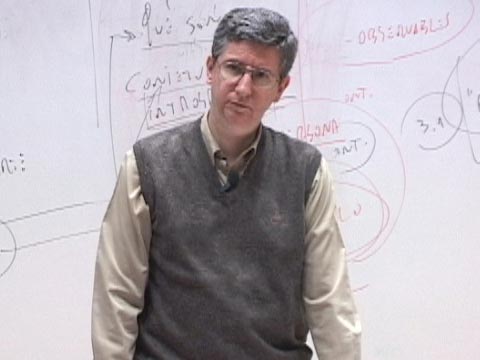About this videoKurt Leube, a disciple of Friedrich A. von Hayek, gives the second part of his lecture, focusing on the various philosophies that have arisen throughout the history. He illustrates the Platonic idea of totalitarianism, the influence of other Greek philosophers in Austrian economics, and briefly explains the theories made by St. Augustine, St. Albertus Magnus and St. Thomas Aquinas. He comments on the elaboration on Aristotle’s theory made by Hugo Grotius, who is considered to be the first liberal thinker; he also points out the absurdity of Samuel von Pufendorf’s concept of law, a concept that argues rules are the natural obligation to follow the law of nature. He also analyzes Jean-Jacques Rousseau's Social Contract; praises Thomas Hobbes's The Leviathan, and explains John Locke’s philosophy, stating that one is ethically entitled to the fruits of ones’ labor and that Locke’s idea of the State having to provide security over private property is a contradiction. |
|
CreditsCiclo de Conferencias
Clashing Sides: The Concepts of Justice, Freedom, Ethics and Markets
| |











